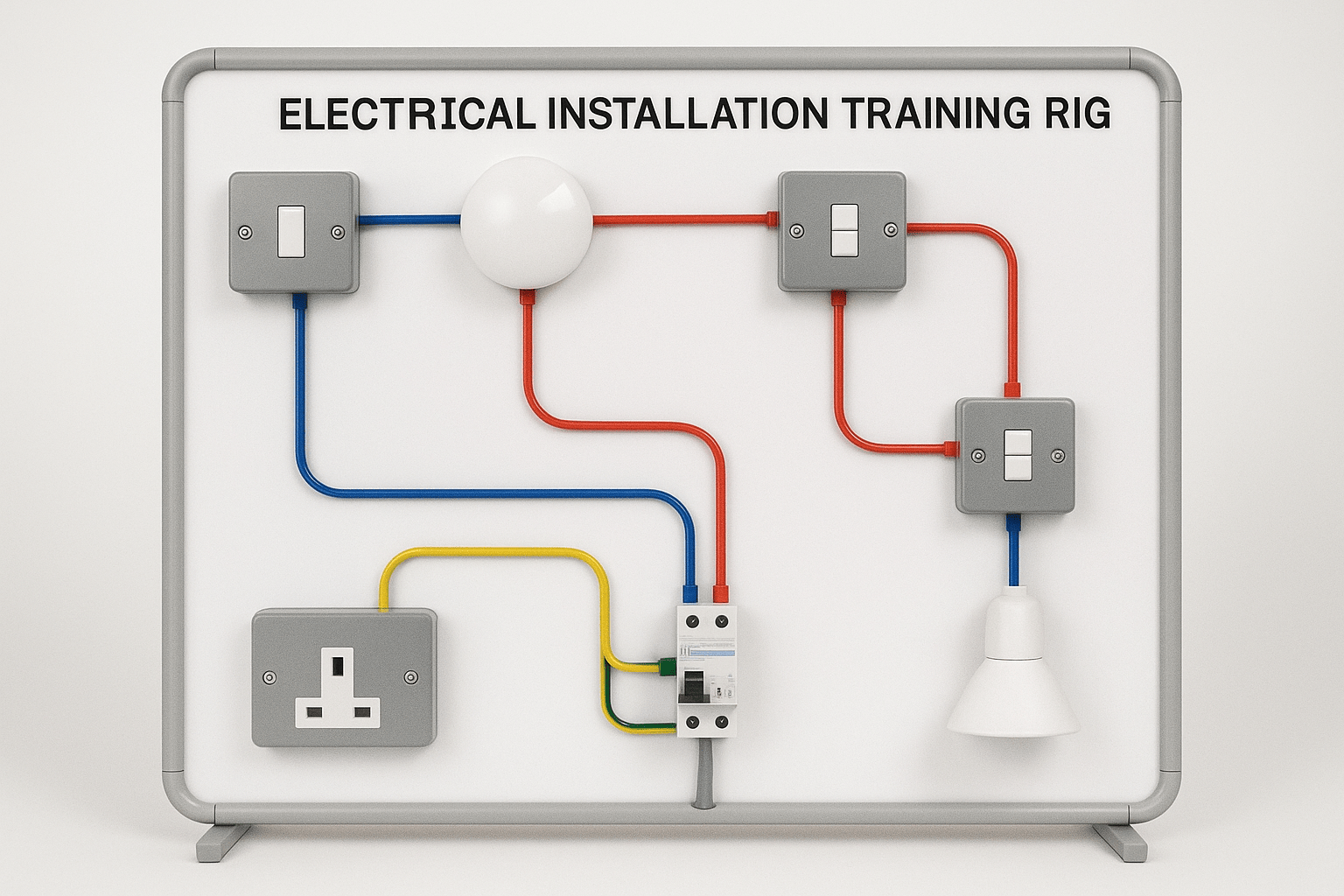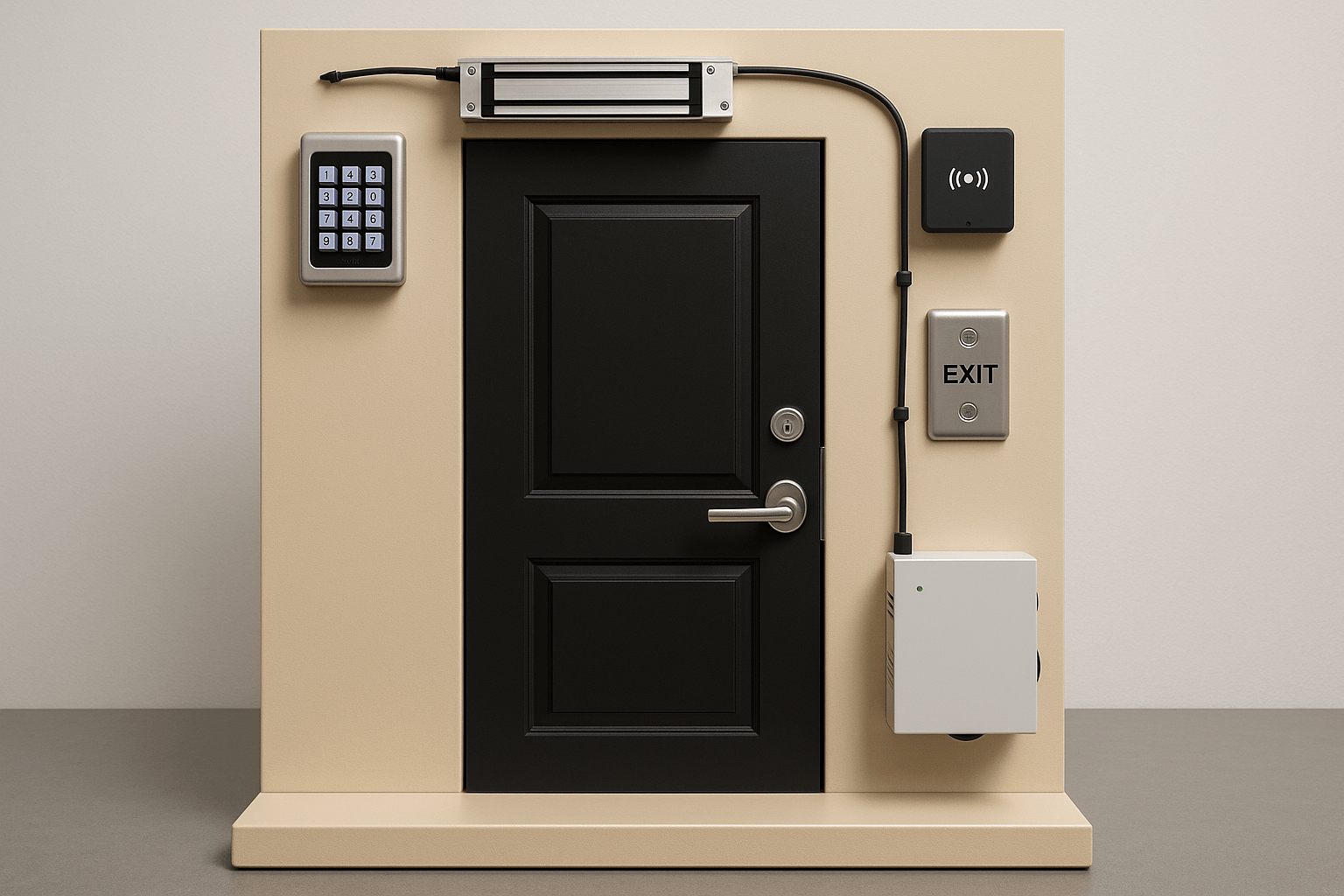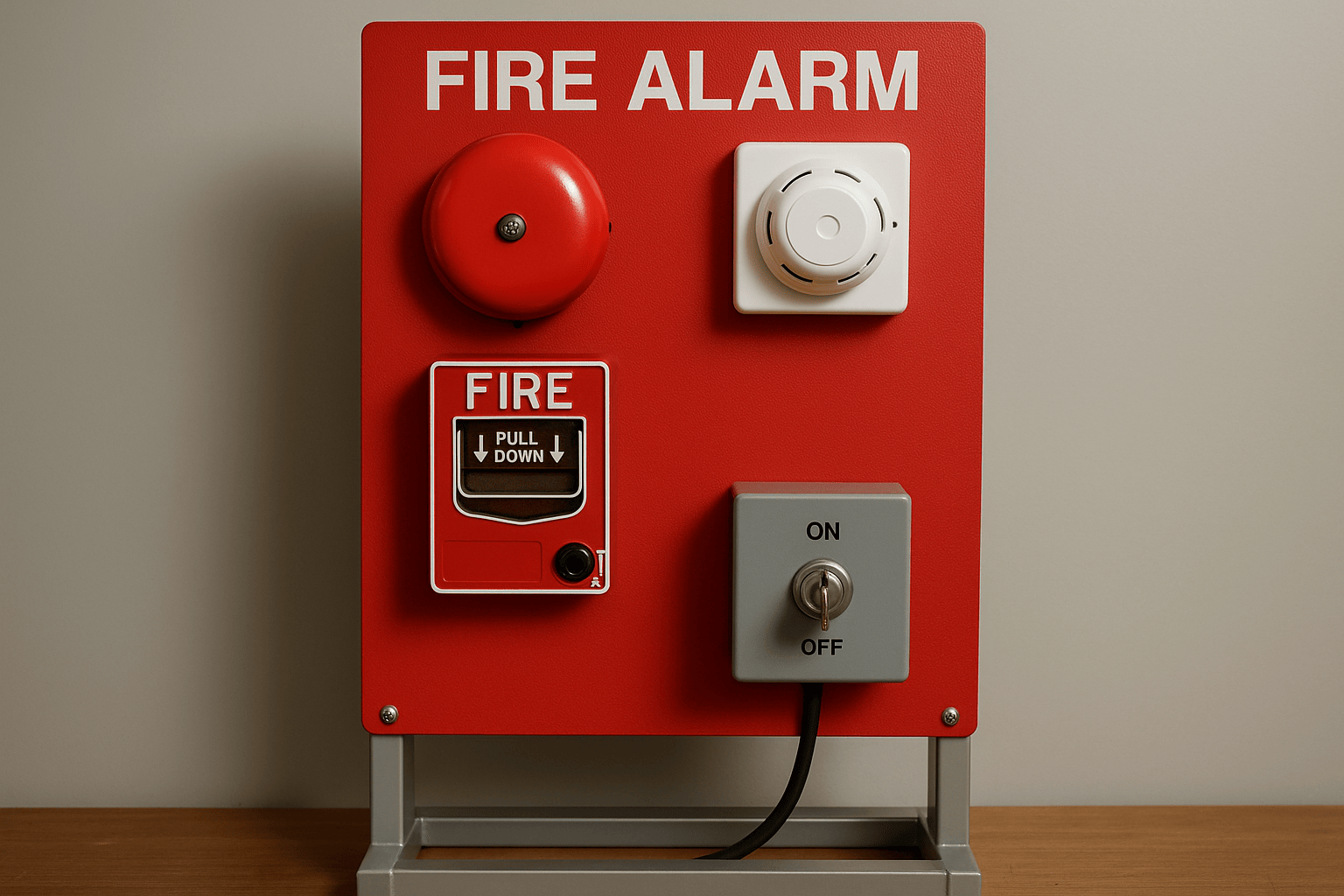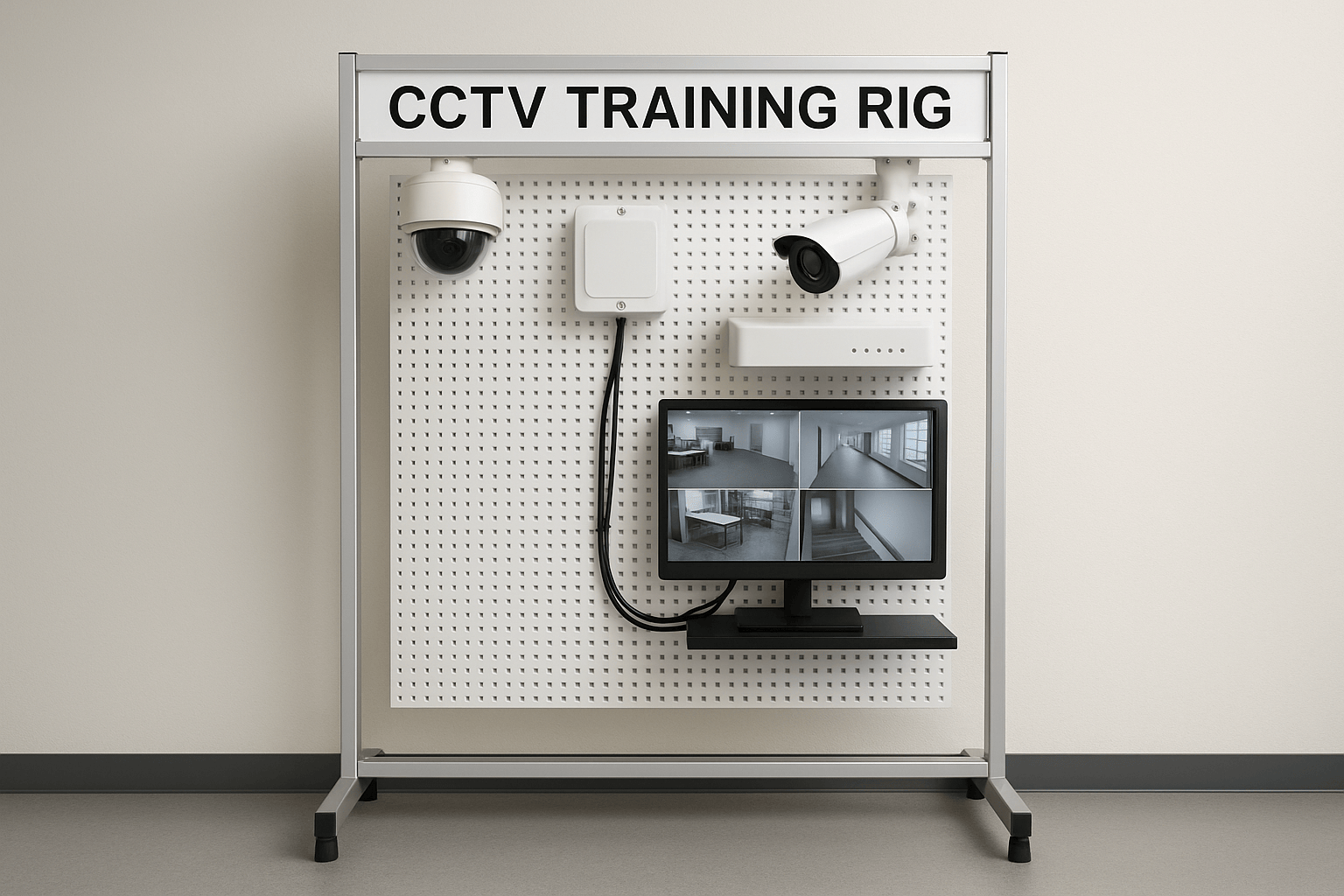Electrical Installation/Access Control, Fire Alarm & CCTV
🔧 Electrical Installation – Level 3 Course Overview
At Level 3 education, the Electrical Installation course prepares students to become certified installation technicians capable of working in residential, commercial, and light industrial settings. This program provides students with advanced practical and theoretical knowledge for the safe design, installation, inspection, and maintenance of electrical systems. The course meets national standards and safety regulations, with a strong emphasis on hands-on skills.

- Interpret and apply national wiring regulations and safety codes
- Design, install, and test single-phase and three-phase electrical systems
- Install lighting circuits, socket outlets, consumer units, and protective devices
- Understand earthing systems, bonding, and circuit protection principles
- Use test instruments to verify compliance and troubleshoot faults
- Perform cable selection, conduit bending, and termination techniques
- Interpret electrical drawings, schematics, and circuit layouts
- Understand energy efficiency practices and emerging smart wiring systems
Students complete lab-based wiring exercises and mock building installations to simulate real-site scenarios. This also include fire alarm system, access control system, and CCTV..
🔐Access control, Fire Alarm & CCTV – Level 3 Course Overview
At Level 3, the Access Control, Fire Alarm & CCTV course equips students with the specialized knowledge and practical skills to install, configure, and maintain modern security and safety systems in residential, commercial, and industrial settings. This course introduces learners to electronic security and life-safety systems, preparing them to work as technicians in building automation, security installations, and facility management.

- Understand keyless entry technologies (RFID, keypad, biometric)
- Install and configure door controllers, readers, and power supplies
- Integrate access control with intrusion and building management systems
- Troubleshoot hardware and software connectivity issues

- Identify fire alarm system components (panels, detectors, call points, sounders)
- Understand fire alarm zones, circuits, and safety codes (NFPA/BS/Nigerian standards)
- Install, test, and commission conventional and addressable fire alarm systems
- Interpret system drawings and conduct maintenance procedures

- Design and install analog and IP-based CCTV systems
- Set up DVRs/NVRs, cameras, and network configurations
- Calibrate camera views, storage settings, and motion detection
- Understand privacy laws and best practices in surveillance deployment
Hands-on sessions include configuring real-life scenarios using security control panels, structured cabling, and remote-access tools.
Embrace the support and resources available to you and watch as your potential unfolds before your eyes. Seize each opportunity to learn and grow, pushing the boundaries of what you thought possible. With dedication and perseverance, you will not only achieve your goals but also inspire others to embark on their own journeys of self-discovery and success.
